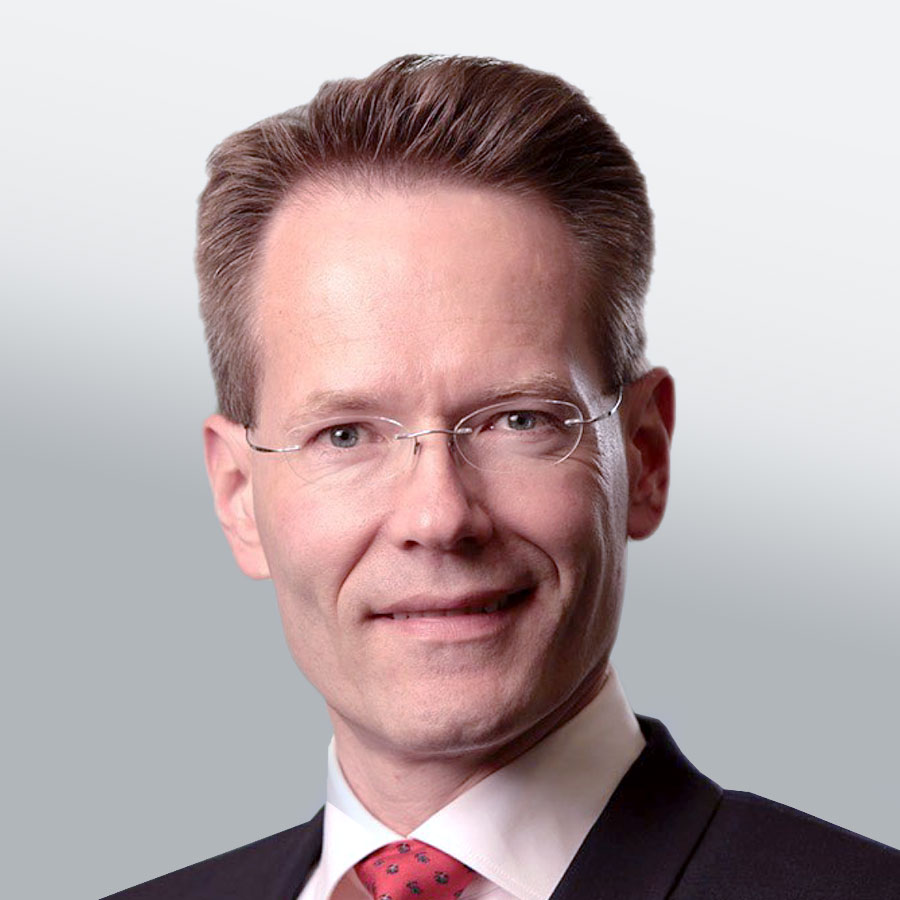Daily Discoveries
“In simple terms, we’re making new medicines that can have a transformational impact on cancer,” says Dr. Axel Hoos about his day-to-day work.
Dr. Hoos, a senior vice president at GlaxoSmithKline (GSK) and head of oncology research and development at the company, leads a team of biopharmaceutical researchers and one of their areas of research is immuno-oncology (IO), which helps a patient’s immune system attack cancerous tumors in the same way it would attack a virus or bacteria. Dr. Hoos has been a vital player in this innovative area of research. Not only did he invent the term “immuno-oncology,” he was also an early pioneer in the space, investigating the relationship of the immune system to cancer when the broader health care industry was focused on traditional therapies like chemotherapy or targeted therapies.

